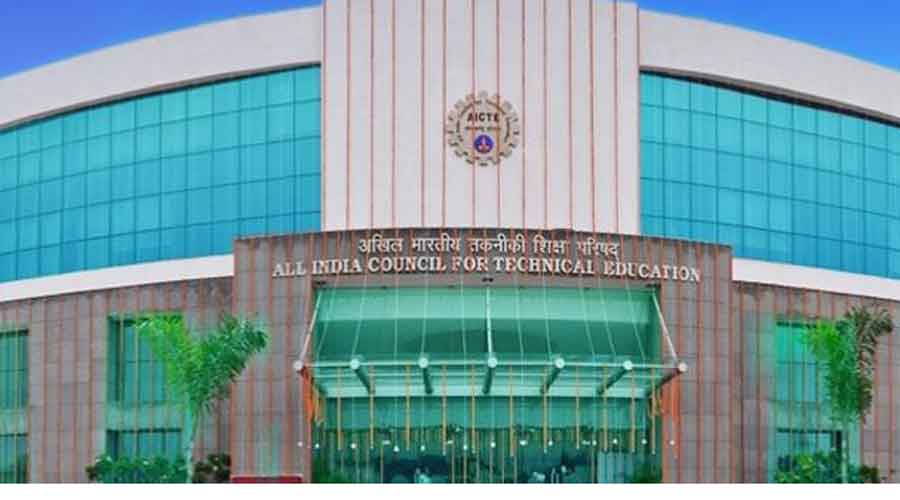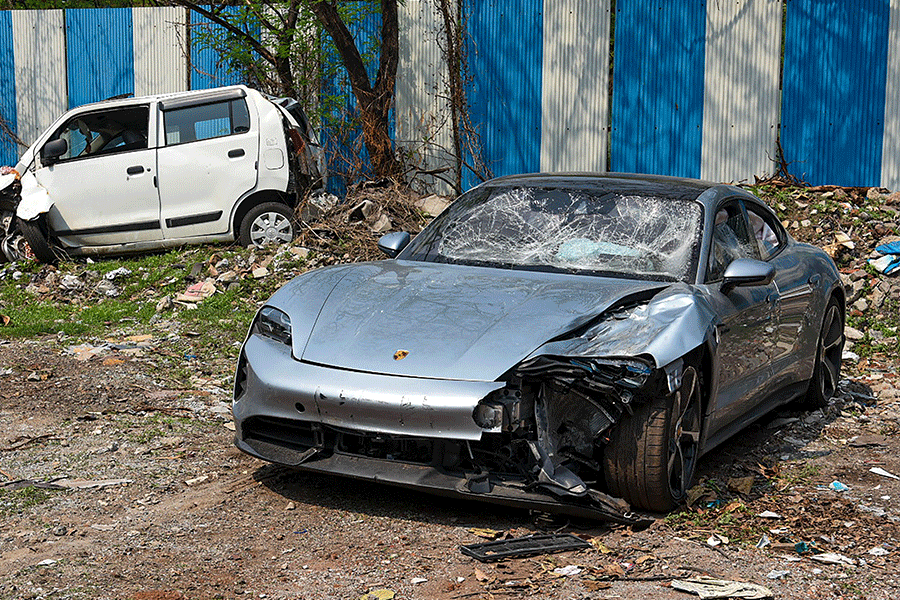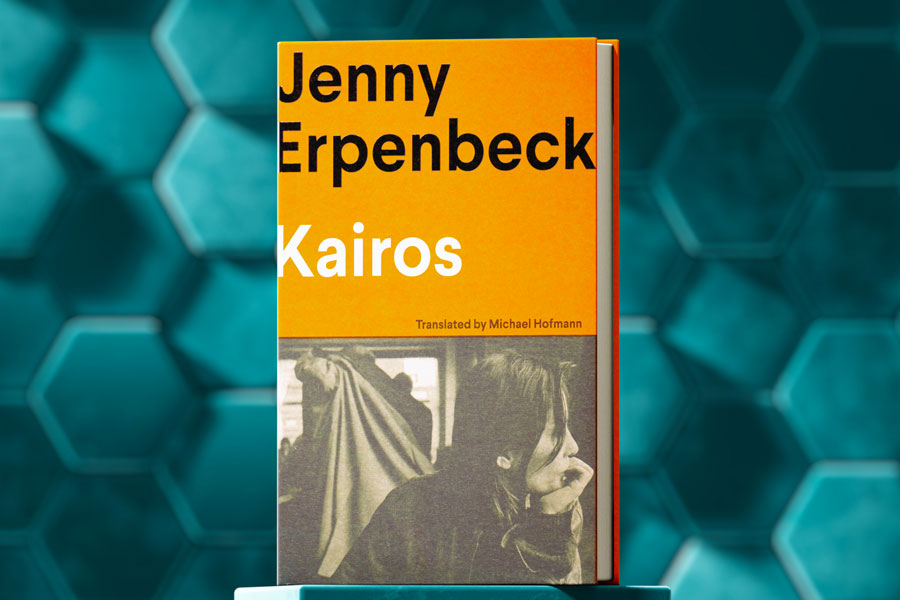The All India Council of Technical Education (AICTE) has allowed BTech degree holders to pursue a second degree in another branch or discipline by taking fresh admission.
Academicians supported the decision of the technical education regulator considering its intent but feared dilution in quality in implementation of this policy.
Students seeking an additional BTech degree will get direct admission in second year through lateral entry, according to a circular issued last week by Dileep N. Malkhede, adviser-1, AICTE, to vice-chancellors of all technical universities and principals of all council-approved technical colleges. The executive committee of the AICTE approved the duration for completing the additional degree to be two years to three years without compromising on the credit requirements in the core discipline and attainment of learning outcomes of the new programme, the circular said. It asked the institutions to make necessary changes their statutes.
The circular said a decision to this effect was taken in the executive committee meeting of the AICTE last month.
AICTE chairman Anil Sahashrabudhe said the final decision to enrol students for the additional degree will depend on the respective institutions.
“We received several requests from students for permission to study for an additional degree. No such provision was there. It was discussed in the executive committee meeting. The committee decided to create an enabling provision for such an additional degree. Now it is up to the universities and colleges to implement it,” Sahashrabudhe said.
He said the first-year course is usually common across streams. Hence the BTech degree holders seeking an additional degree would directly get admission to second year. He said the additional degree will help students in professional development.
Sunil Sarangi, former director of National Institute of Technology, Rourkela, said that the intention of the policy was welcome.
“This is a well-intended policy. But it will be successful only if the students taking admission for a second degree attend classes and go through the academic rigour. I have doubts about that,” Sarangi said.
He claimed that students of senior classes in Indian institutions feel “insulted” to sit with juniors in classrooms. “I have a feeling these students may not attend classes. They will try to manage attendance by manipulating the system,” he said.
G.R.C. Reddy, former director of NIT Warangal, disapproved the concept of a second degree.
“I find that 90 per cent of BTech degree holders in the country are poor in basic understanding of their subjects. They end up becoming glorified technicians. I would prefer the students to focus on the core areas of at least one subject. If they understood that well, they can do better and prosper in life,” Reddy said.
Except IITs and some NITs, the quality of a majority of institutions is not good, he said.
Another professor, who did not wish to be named, said that students would like to have two degrees in different branches only for the purpose of doing some mechanical or technical jobs.
“People have done BTech in electrical (engineering). Later they may want to pursue computer science. Now computer science is the most sought after subject which has potential for technician kinds of jobs in American companies. So many people will take interest. This is not out of sincere interest for any subject. Such people are unlikely to contribute to the creation of new knowledge or bringing novelty in the preferred area,” he said.










